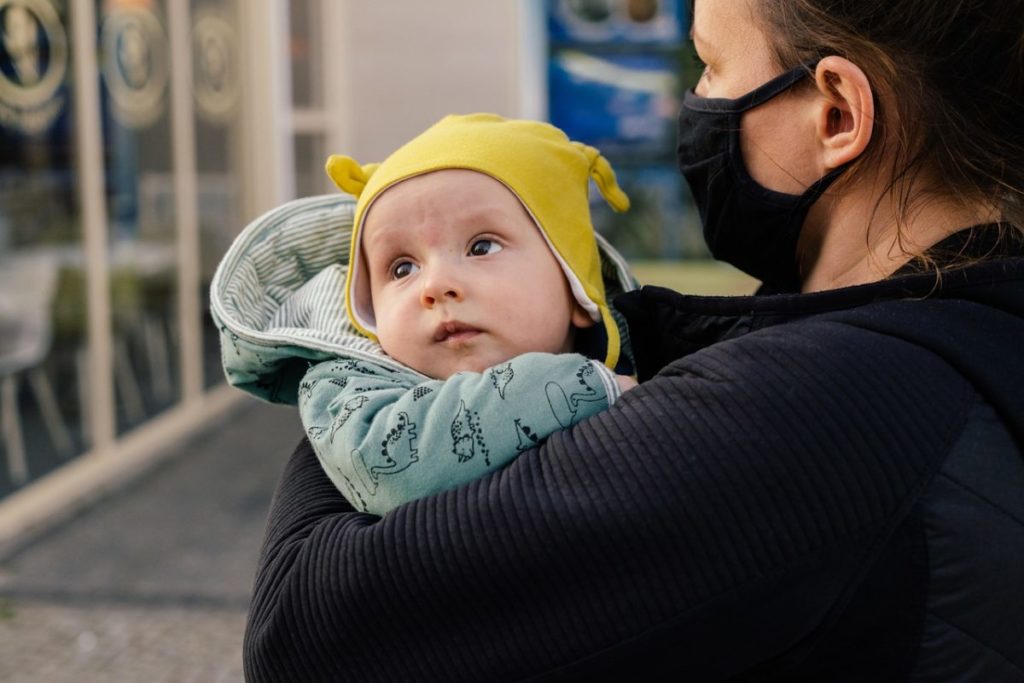
A new study is giving us yet another reason to support mothers.
Recently published research shows that providing financial assistance to poor mothers sparked changes in the activity and development of babies’ brains that could ultimately lead to stronger cognitive development.
“This is the first study to show that money, in and of itself, has a causal impact on brain development,” Dr. Kimberly G. Noble of Teachers College at Columbia University, and one of several lead researchers on the study, told The New York Times.
The study involved two groups of 1,000 families with newborns and household incomes below $20,000 a year – one which received $20 per month, and one which received $333. After the babies’ first birthdays, EEG tests were performed. Researchers found that babies from families that received more money showed faster brain activity, which has been linked to more optimal cognitive development.
At this point, researchers are unclear as to why the difference exists – whether it’s to do with how the money itself impacted the resources or food the child had access to, or if the additional funds gave mothers a bit more freedom to spend time with their kids.
But the difference was quantifiable, according to the study. “It’s proof that just giving the families more money, even a modest amount of more money, leads to better brain development,” Martha J. Farah, a neuroscientist at the University of Pennsylvania, who reviewed the study ahead of its publication, told the Times.
This news comes just as federally issued monthly stipends for families ended as the program reached its expiration date and Democratic lawmakers failed to rally behind the bill that would have extended it. With its release, study co-author and economist Greg J. Duncan from the University of California, Irvine, hopes the discussion about government aid for families will move away from concerns over “risks that parents might work less or use the money frivolously” and toward considering “whether the payments are good for kids.”
The study will continue until the childrens’ fourth birthdays, the Times reported.



